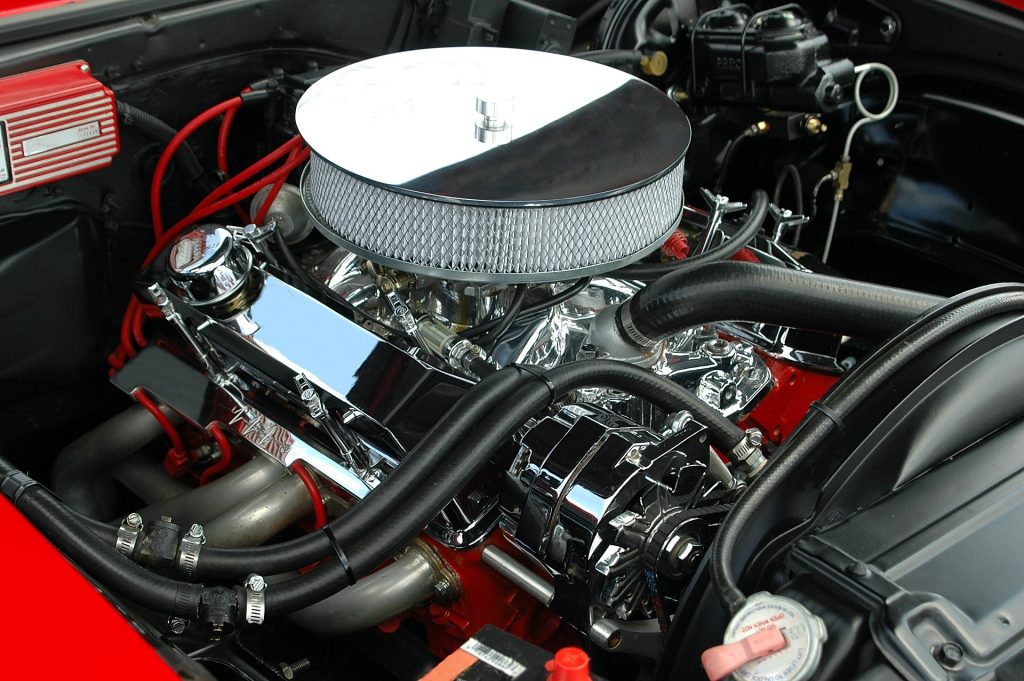
To be honest extended warranties get a bad rap. You picture a pushy salesperson, a contract full of loopholes, and a sinking feeling in your stomach as you sign your life away for… what, exactly? Peace of mind? Maybe. A lighter wallet? Definitely.
But here’s the thing: the world of car repairs isn’t always black and white. It’s a messy, greasy, sometimes infuriating landscape of “ifs,” “buts,” and “it depends.” And as mechanics – the folks at Greg Clark Automotive included – we’ve seen extended warranties be both lifesavers and complete rip-offs. So, no sales pitch. Let’s get real.
The Devil’s in the Details (and the Fine Print)
The biggest problem with most extended warranty discussions? They treat all warranties – and all cars – as the same. That’s like saying all restaurants are the same because they serve food. You wouldn’t expect the same experience (or bill!) at a Michelin-star establishment as you would at a greasy spoon, would you?
Extended warranties are contracts, and like any contract, the devil is in the details. Some are comprehensive, covering nearly everything that could go wrong short of an alien invasion. Others are so riddled with exclusions that they’re practically useless. They might cover your engine… unless the problem was caused by “normal wear and tear” (a phrase so vague it could mean anything). Or they’ll cover your transmission… but only if you’ve followed the manufacturer’s maintenance schedule to the letter, with receipts to prove it (and who keeps all of those?).
When an Extended Warranty Might Make Sense
Here at Greg Clark, we believe knowledge is power. This knowledge should help you make an informed decision. An extended warranty is most relevant in the following cases:
- You own a notoriously unreliable vehicle. Some brands, let’s just say, have a reputation for spending more time in the shop than on the road. If you’re driving one of these, an extended warranty could save you from financial ruin. Do your research. Check online forums, owner reviews, and reliability ratings.
- You’re buying a used car with a complex history (or no history at all). A used car is always a bit of a gamble. If the vehicle is out of its original factory warranty, and you don’t have a crystal-clear picture of its past, an extended warranty can provide a safety net.
- You plan to keep the car for a long time. The longer you own a car, the more likely it is that something expensive will break. If you’re in it for the long haul, an extended warranty can spread out the risk.
- You’re on a fixed budget and a major repair would be a financial disaster. A sudden $3,000 transmission repair can derail even the most carefully planned budget. If that kind of expense would leave you stranded, an extended warranty can provide peace of mind.
When to Run (Don’t Walk) Away
- The warranty is from a third-party company you’ve never heard of. Stick with reputable providers, preferably those affiliated with the manufacturer or a well-established insurance company.
- The salesperson is pressuring you hard. A good warranty should sell itself. If they’re resorting to high-pressure tactics, it’s probably a sign that the warranty isn’t worth the paper it’s printed on.
- The contract is full of exclusions and vague language. Read. Every. Single. Word. If you don’t understand something, ask. If they can’t give you a clear answer, walk away.
- You’re buying a brand-new car with a solid factory warranty. Most new cars come with a decent factory warranty (usually 3-5 years, sometimes longer). Don’t double-dip unless you’re planning to keep the car way beyond the factory warranty period.
The Greg Clark Automotive Specialist Take
Look, we’re not here to sell you an extended warranty. We’re here to fix your car, and we’d rather see you invest in regular maintenance than gamble on a potentially useless piece of paper.
Our advice? Do your homework. Understand your car, understand your budget, and understand the warranty contract before you sign anything.
And if you’re ever unsure about a repair, whether it’s covered by a warranty or not, bring it to Greg Clark Automotive. We’ll give you an honest assessment, a fair price, and we’ll never try to upsell you on something you don’t need. Because at the end of the day, we believe in building trust, not just fixing cars.
Need a second opinion on a repair or want to discuss preventative maintenance? Contact Greg Clark Automotive today!
Frequently Asked Questions
Are extended warranties worth it?
Extended warranties can be valuable for certain car owners, especially if you have an unreliable vehicle, plan to keep your car long-term, or want financial protection against costly repairs. However, not all extended warranties offer the same level of coverage, so reading the fine print is essential.
What do extended warranties cover?
Coverage varies significantly between providers. Some extended warranties cover major repairs like engine and transmission issues, while others have exclusions that make them less useful. Always review the contract carefully to ensure you’re getting the protection you need.
When should I consider purchasing extended warranties?
Extended warranties make the most sense if:
-
You own a vehicle known for reliability issues.
-
You’re buying a used car with an unclear history.
-
You plan to keep your car beyond the factory warranty period.
-
A sudden, costly repair would strain your budget.
What should I avoid when buying extended warranties?
Be cautious if:
-
The warranty is from a third-party company with no strong reputation.
-
The salesperson is using high-pressure tactics.
-
The contract has vague language and excessive exclusions.
-
Your new car already has a solid factory warranty.
Do extended warranties cover regular maintenance?
No, extended warranties typically do not cover routine maintenance like oil changes, tire rotations, or brake pad replacements. They mainly cover unexpected repairs due to mechanical failures, not wear and tear.
